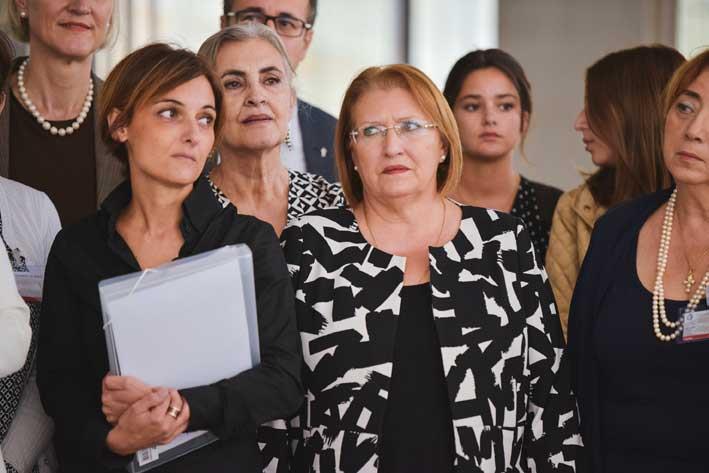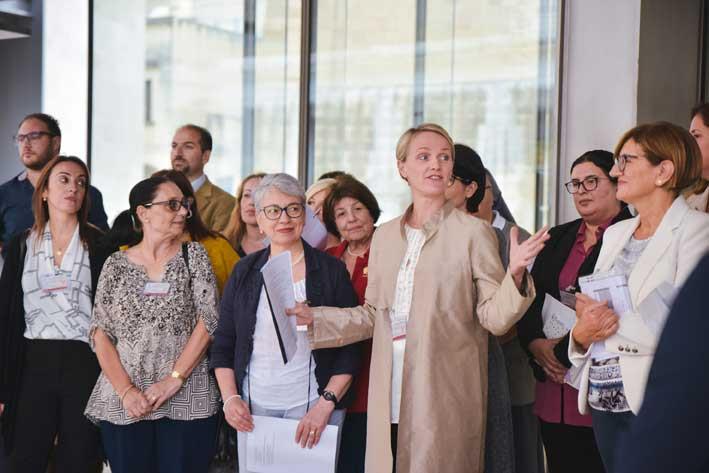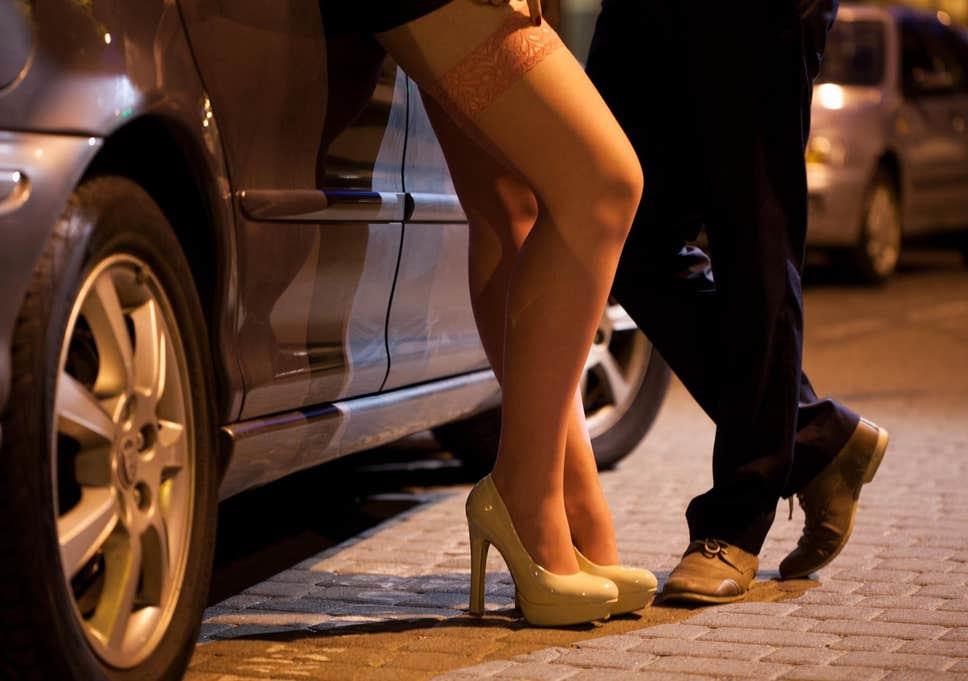40 NGOs, ranging from women's organisations, academia, medical associations and organisations supporting well-being have come together to submit a reform of human trafficking and prostitution. The multi-disciplinary coalition of academics, lawyers and people who work with trafficked persons on Monday afternoon submitted their reform to Parliamentary Secretary for Reforms Julia Farrugia Portelli.
Speaking in front of Parliament, International Human Rights lawyer Helen Burrows highlighted the importance of the reform. "Our proposal is founded on the fundamental value that trafficking and prostitution are forms of coercive violence; and that violence cannot be legalised or regulated, only outlawed."
She explained that the proposal of the 40 organizations is to value and prioritize the promotion of human rights and gender equality and embrace freedom and well-being. 35 local organisations range from women’s organisations, medical associations and organisations that support societal wellbeing and another five were international organisations. The report was also endorsed by President Emeritus Marie Louise Coleiro Preca, Dr Anna Borg, Academia and Women’s Rights Activist, Dr Lara Dimitrijevic and Dr Anna Vella.
The organisations proposed three main points. Firstly to decriminalize those who are prosituted; therefore people who are caught in prostitution should not be criminalised or victimised further. Secondly, make buying sex a criminal offence; buying a human being for sex is exploitative. Lastly, to create exit services, to offer a range of legal, health, financial, educational and social services to support those in prostitution and aid them to recover from their abuses.

Burrows said that all three policies must be included and implemented in the legislation. She said that such changes require a zero-tolerance approach by the police and the courts, along with specialist investigatory capacity to prosecute offenders.
"The reality of prostitution is not 42 million 'happy hookers' making a free choice. It is millions of psychological unwell, physically trapped and injured women, nearly all of whom want to leave, but cannot find a way out,” said Burrows. She explained that the global sex industry is worth 3 billion dollars annually and that once prostitution is decriminalised, demand soars and trafficking increases.
Giving effect to these changes requires a zero tolerance approach by the police, along with specialist investigatory capacity deployed in conjunction with trained psychologists. Victims of both trafficking and prostitution must also be appropriately supported with a comprehensive suite of legal, health, financial, educational and social services enabling them to recover from their abuse.

This reform is a milestone in the discussion of prostitution and human trafficking: Claudette Buttigieg
Speaking with the members of the diverse number of organisations, Nationalist MP Claudette Buttigieg stressed the importance of such a reform as a milestone. “As a woman, I am so happy to see us all together around this table to discuss such a difficult topic but we need to face the reality.”

She highlighted that the vulnerable need to become a priority, especially those in prostitution and human trafficking. She said that it is important to look and study different countries and the models they have taken on. “We have a big task to see the models of other countries, like Spain, Germany and New Zealand, and to see what is happening in those countries; of course ideally we will have our own model, but we must study vigorously these models.”
Photos Alenka Falzon